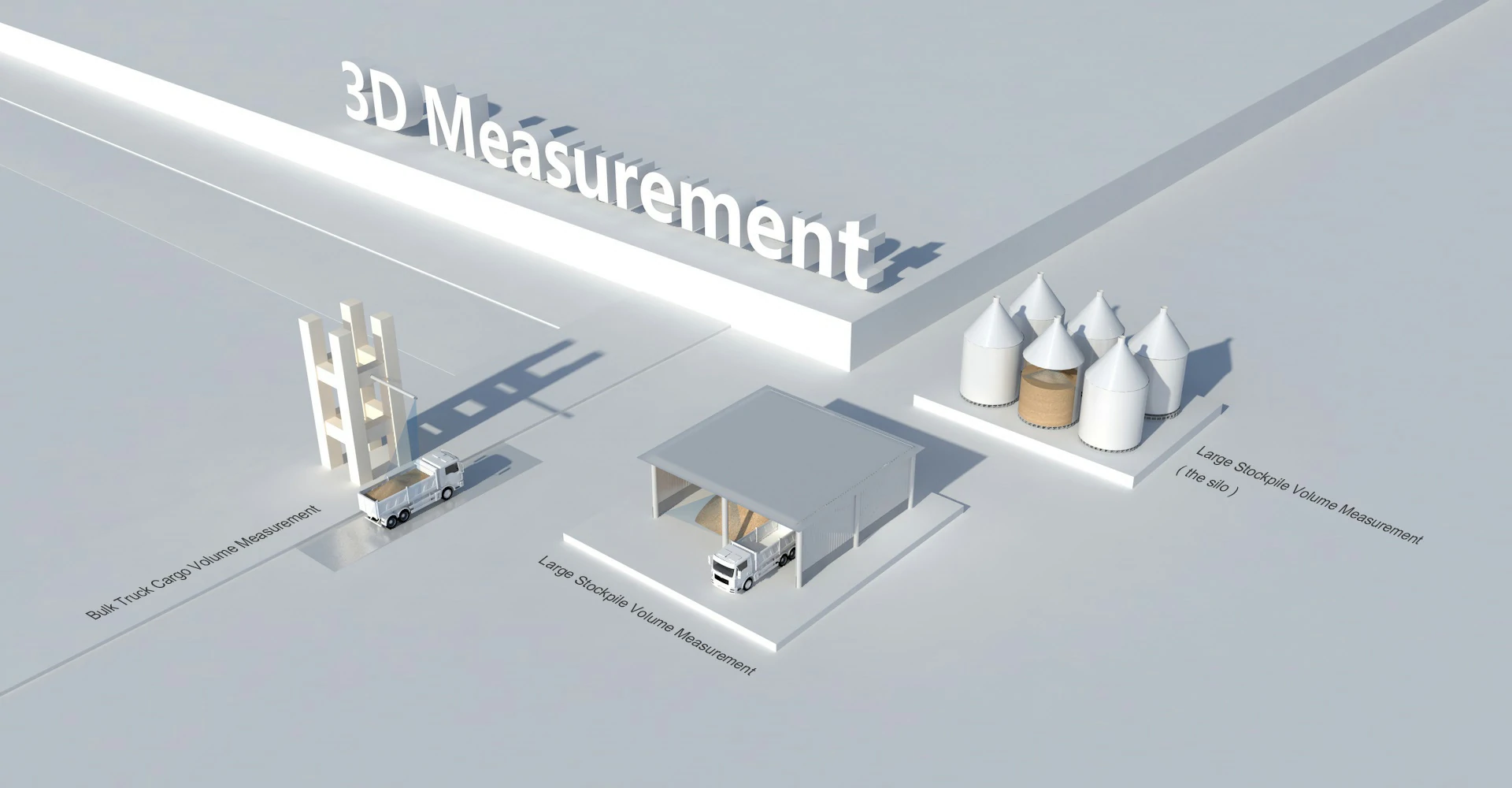
What is LIDAR UAV
LIDAR UAV, or Light Detection and Ranging Unmanned Aerial Vehicle, is a technology that combines the use of LIDAR sensors with UAVs to collect high-resolution 3D data of the Earth's surface. LIDAR UAV systems are commonly used in various industries such as agriculture, forestry, urban planning, and archaeology for mapping terrain, monitoring vegetation, and conducting surveys. These systems provide accurate and detailed information that can be used for analysis, modeling, and decision-making processes. In summary, LIDAR UAV is a powerful tool that enables efficient and precise data collection from above using unmanned aerial vehicles equipped with LIDAR sensors.
The Main Technology in LIDAR UAV
LIDAR (Light Detection and Ranging) technology is the main technology used in UAVs (Unmanned Aerial Vehicles) for various applications such as mapping, surveying, and environmental monitoring. LIDAR UAV systems use laser pulses to measure distances to objects on the ground, creating highly accurate 3D maps of the terrain below. This technology allows for detailed and precise data collection, even in challenging environments such as dense vegetation or urban areas. The ability of LIDAR UAVs to capture high-resolution data quickly and efficiently makes them invaluable tools for a wide range of industries, including agriculture, forestry, and infrastructure development.


Applications of LIDAR UAV
LIDAR (Light Detection and Ranging) technology has revolutionized the way data is collected for various applications, especially when integrated with UAVs (Unmanned Aerial Vehicles). The applications of LIDAR UAV are vast and diverse, ranging from topographic mapping and land surveying to forestry management and infrastructure inspection. LIDAR UAV systems can generate highly accurate 3D models of terrain, buildings, and vegetation, making them invaluable tools for urban planning, disaster response, and environmental monitoring. These systems are also used in archaeology, precision agriculture, and even in the film industry for creating realistic visual effects. In summary, the combination of LIDAR technology with UAVs offers a powerful solution for a wide range of industries and applications, providing detailed and precise data that was previously difficult or impossible to obtain.
Benefits of LIDAR UAV
Lidar UAV technology offers numerous benefits in various industries, including agriculture, forestry, construction, and surveying. One of the key advantages is its ability to quickly and accurately collect high-resolution data over large areas, allowing for detailed mapping and analysis. Lidar UAVs can also operate in challenging environments and provide valuable insights that are not easily accessible through traditional methods. Additionally, the data collected by lidar UAVs can be used for monitoring changes over time, improving decision-making processes, and enhancing overall efficiency in a wide range of applications. In summary, the benefits of lidar UAV technology include rapid data collection, high accuracy, versatility, and improved productivity across different sectors.

LiDAR in Construction Monitoring
Neuvition's Titan series LiDAR sensors offer high-precision 3D scanning capabilities
ideal for construction site monitoring. The Titan M1 series, with its long-range and
high-resolution features, can capture detailed site data for accurate progress tracking
and volumetric measurements.
Neuvition LiDAR Products Overview

Titan S2
Specialized for specific industrial uses.
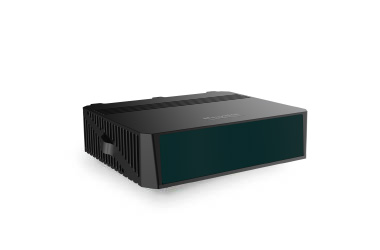
NeuX1
Next-generation LiDAR technology with enhanced capabilities.
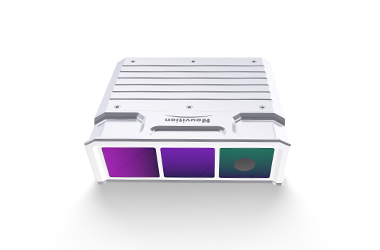
Titan M1 Series
Long-range, high-resolution LiDAR sensors for various applications.

Titan W1
Designed for wide-angle scanning in challenging environments.
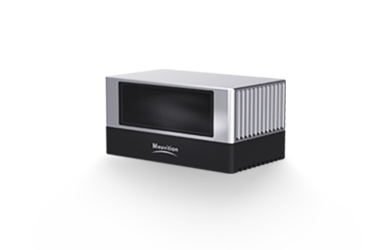
Titan P1
Compact and versatile for mobile and robotics applications.
Neuvition LiDAR Products Overview
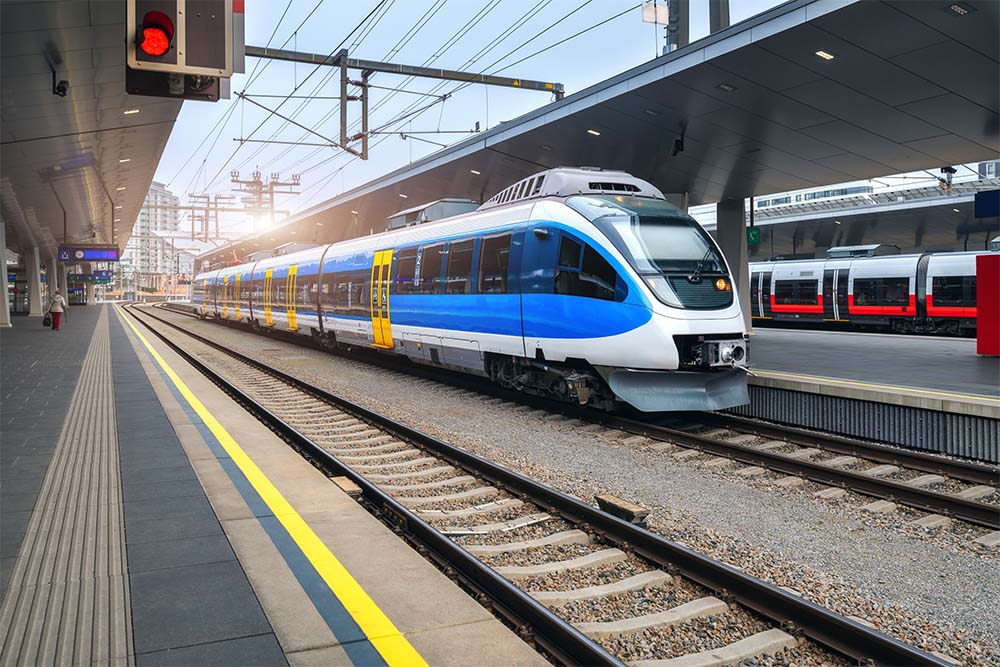
Railway Collision Avoidance
Enhancing safety in rail transportation.
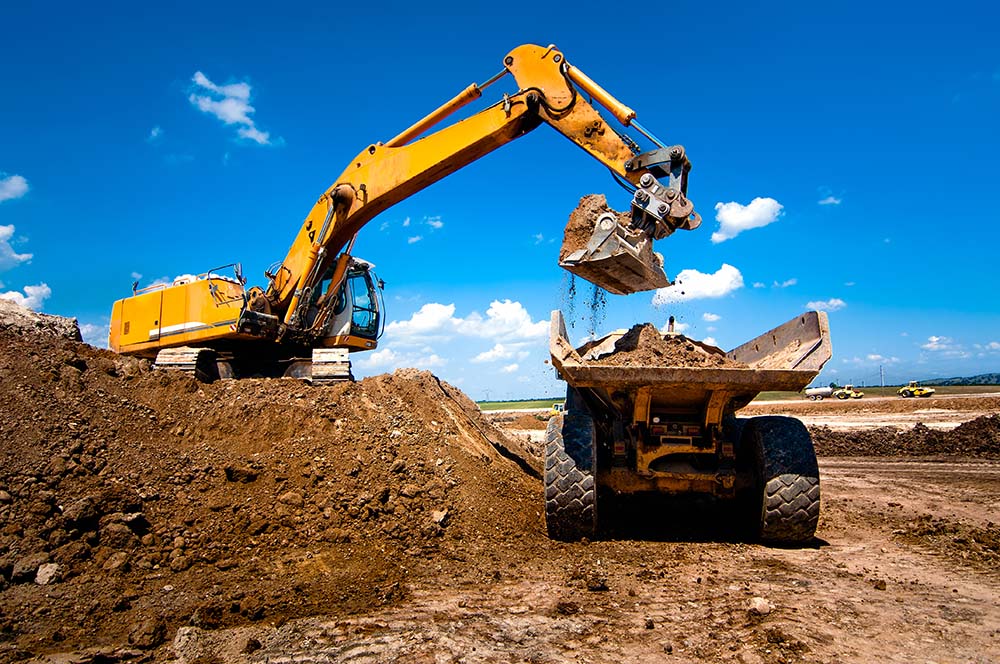
Volume Measurement
Accurate 3D volume calculations for industries like mining and construction.
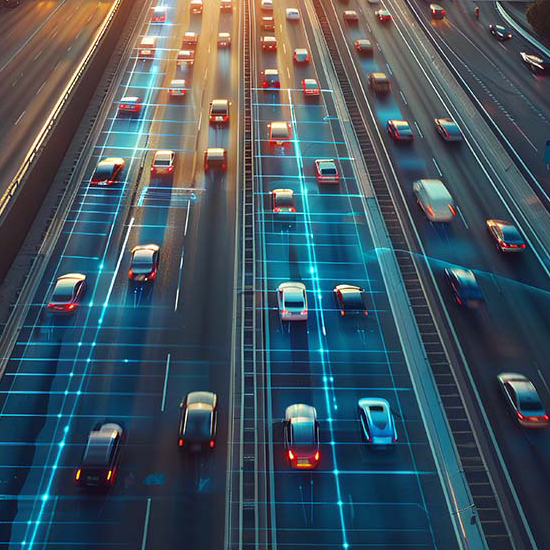
Smart Highway
Improving road safety and traffic management.
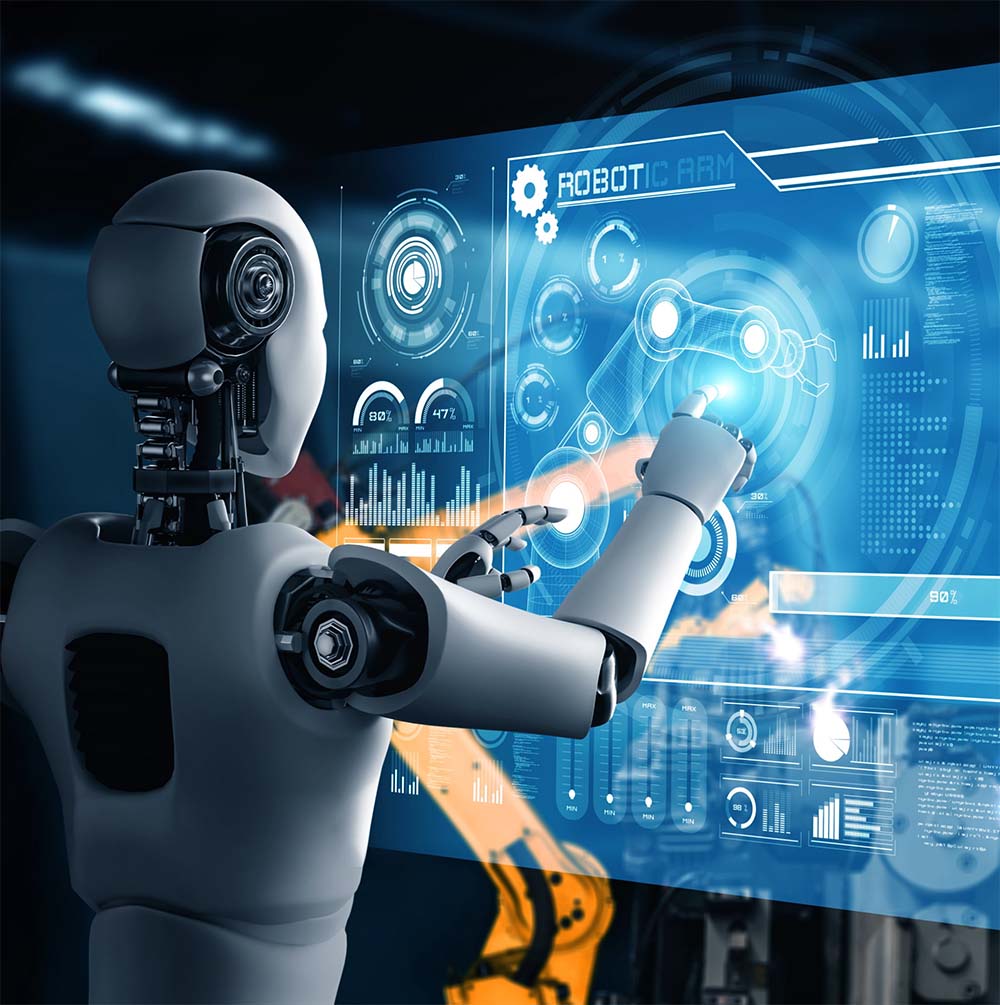
Robotics
Enabling precise navigation and object detection for autonomous robots.
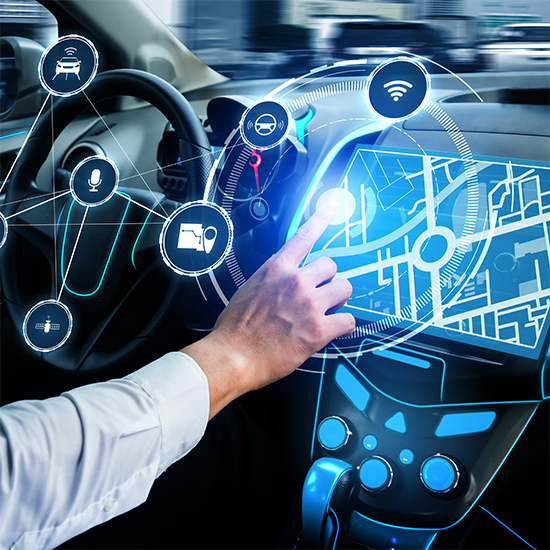
Autonomous Driving
Advanced sensing for self-driving vehicles.
Application Areas of LiDAR
Benefits of Using LiDAR

High accuracy and
precision in 3D mapping

Real-time data
collection and processing

Ability to penetrate vegetation
and capture ground topography

Efficient large-scale
surveying and mapping

Enhanced safety in
autonomous systems

Improved decision-making
with detailed spatial information
Software Solutions for LiDAR
Neuvition provides software solutions to complement its hardware, including point cloud processing and analysis
tools, real-time visualization software, a data integration platform for enterprise applications, and customized
algorithms tailored to specific industry needs.

Success Stories
MetroInnovate Urban Solutions improved traffic flow by 15% after implementing Neuvition's Smart Highway system. Emily Parker, the Director of Smart City Development, played a key role in deploying this system to enhance urban traffic management and reduce congestion.

BuildMaster Construction reduced project timelines by 20% using Neuvition's LiDAR-based site monitoring solution. Michael Thompson, the COO, led the adoption of this technology, focusing on improving efficiency and project management.

DeepCore Mining increased excavation efficiency by 25% with Neuvition's volume measurement solution. Robert Lin, the Head of Operations, was instrumental in integrating this technology to optimize resource extraction and operational productivity.

FAQ












Contact Us
If you have any questions or suggestions, please leave a message, we will get in touch with you within 24 hours!
